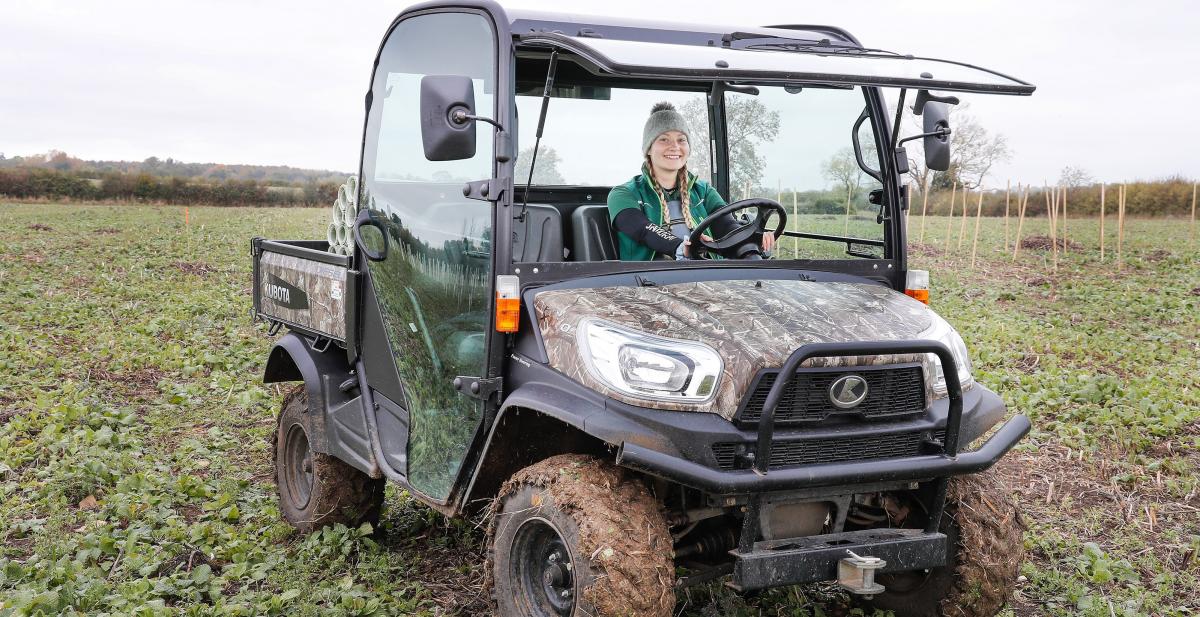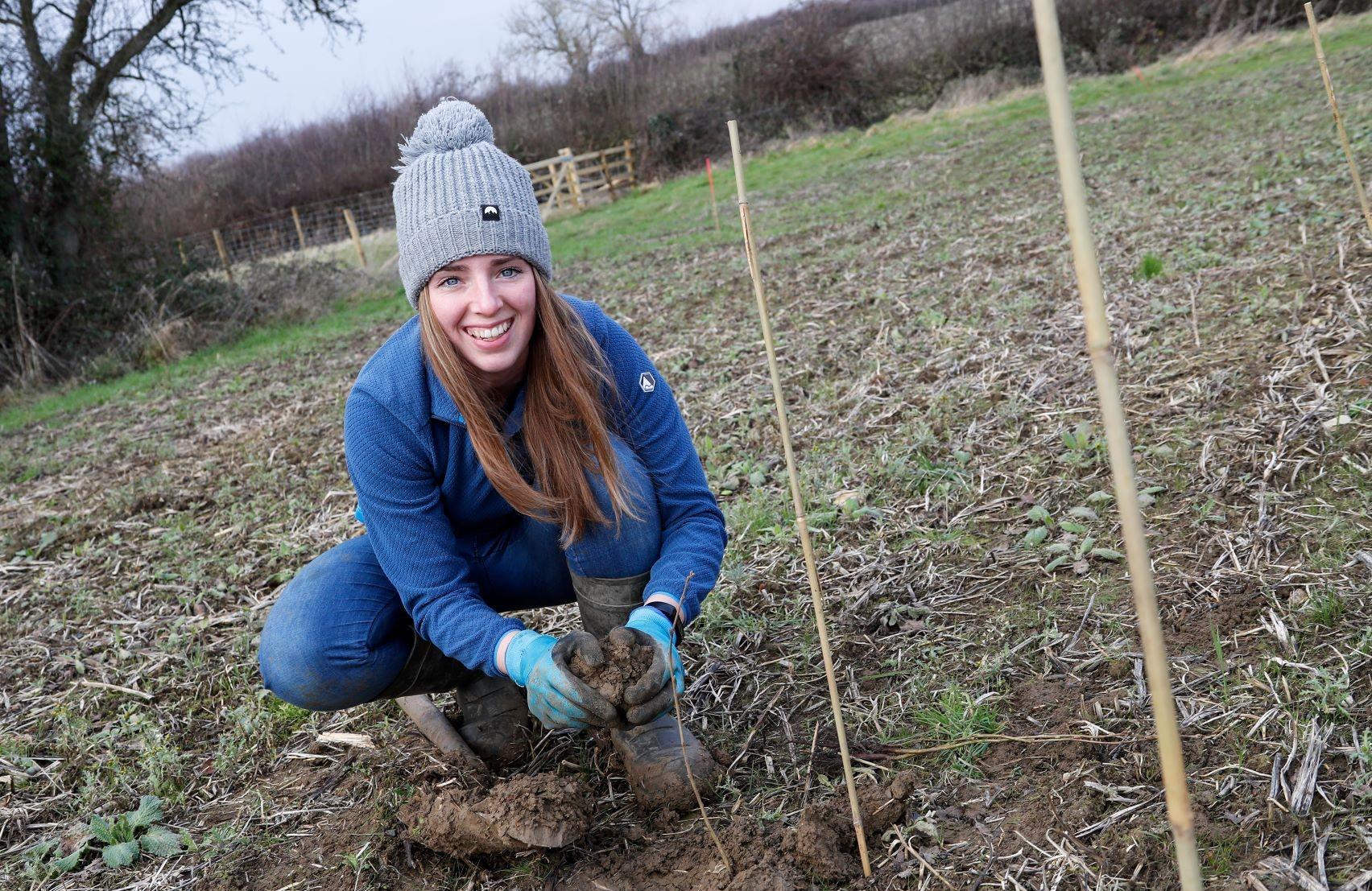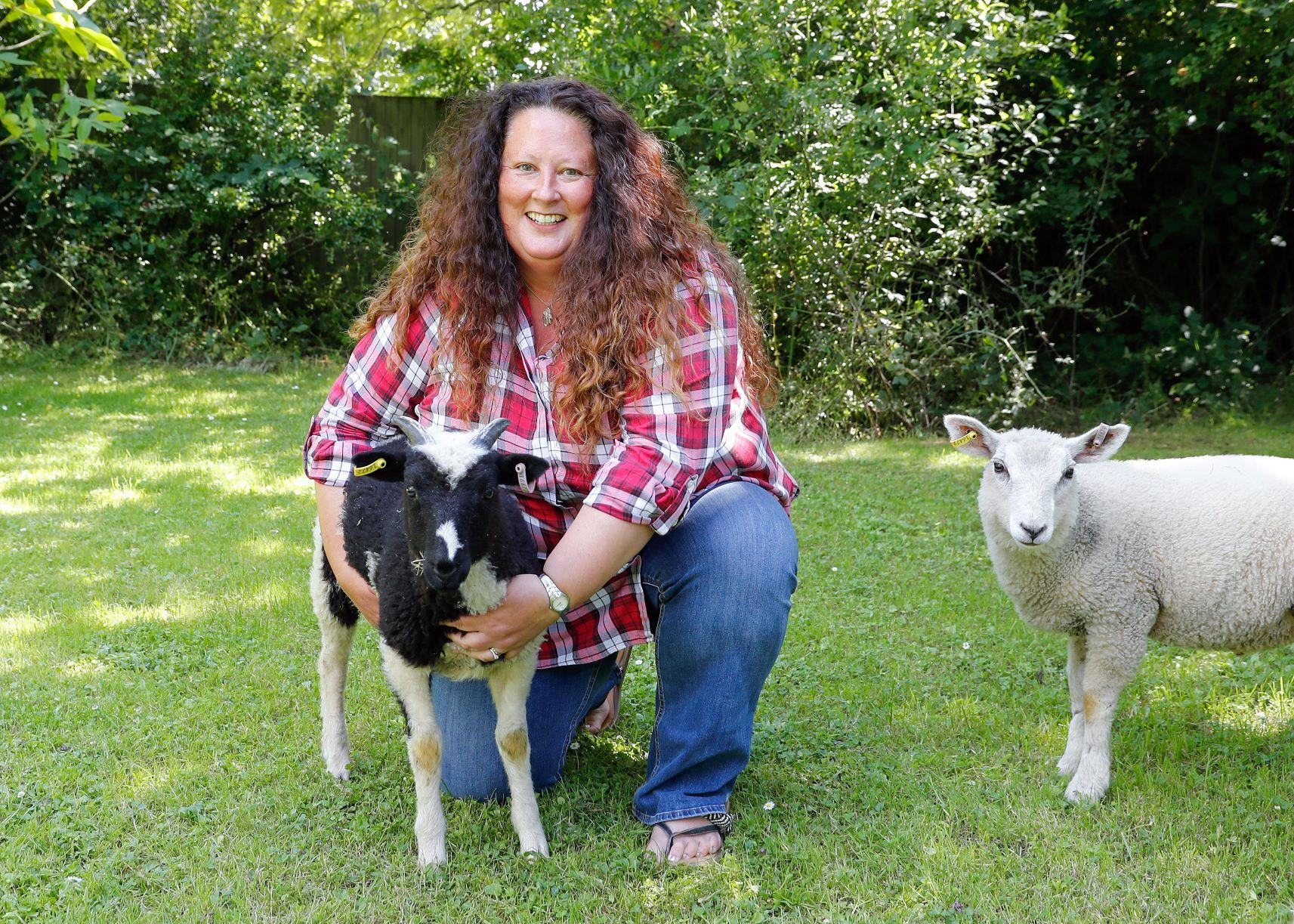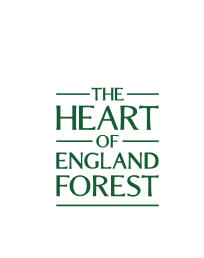
Celebrating International Women’s Day 2022
This International Women’s Day, two members of our team share their challenges and triumphs of forging a career in the conservation sector, and the positive changes they are seeing in the traditionally male-dominated forestry industry.
Challenging out-dated stereotypes in forestry
This year the theme for International Women’s Day is Break the Bias, and we are encouraged on this day to imagine a gender equal world, free of bias, stereotypes, and discrimination. While we are fortunate to live in a time, and work in a sector, where significant progress has been made in terms of equality of access to opportunities in the past few decades, there is no denying more needs to be done to ensure that the forestry and conservation industry is truly open to all.
At the Heart of England Forest, we are proud to be a female-led charity and that 50% of our forestry team, a traditionally male-dominated role, is also female. The emergence of social forestry – the management of forests for the benefits of local communities, as we do here at the Heart of England Forest – has had a part to play in this, as its wider appeal has resulted in more women exploring careers in forestry.
But we also know that bias is not just about gender, so across our organisation, from our volunteer opportunities to our apprenticeship and intern programmes, we are actively working to create a workforce that is representative of our society in every way possible. Not just because it is the right thing to do, but because we know it will make our organisation stronger and our impact greater.
Crafting a career in conservation
Here, two women in the Heart of England Forest team share their stories of the challenges and barriers they faced getting into the industry, their thoughts on what is needed to improve access to all, and their advice for anyone considering a career in conservation.

Emma, Assistant Biodiversity Officer (Grasslands)
“From an early age I knew I wanted to work with animals and be involved in some form of conservation, but despite completing a degree in animal behaviour and wildlife conservation, followed by a masters in wildlife conservation, I really struggled to get a foot in the door in the industry. It quickly became clear that I needed to gain work experience alongside my qualifications, but my financial situation meant that I also needed to be working full time to support myself, so it felt like I would never be able to do both, and that maybe I would have to give up on my ambitions of working in the environmental sector.
But with the support of my family and friends and some great encouragement from one of my female lecturers at university, who I really respected, I took a leap of faith and shifted to working several part time jobs while juggling various volunteering roles in forest schools, local Wildlife Trusts and helping with bee and bat surveys. This eventually led to my first job at the Heart of England Forest as a forestry intern, and I have since progressed to my current role as assistant biodiversity officer.
While I do not feel as though I have personally experienced any negative bias in the sector as a woman, I do find that there are additional challenges that act as a reminder of what a male dominated world forestry has traditionally been. A great example is the tractor and chainsaw training courses I have been on, where I have had real issues getting hold of a pair of size four safety boots or smaller sizes of protective clothing, as women are just not provided for as standard. It may sound like a small thing, but it’s something I hope will change in time so that young women coming intro forestry are made to feel they belong from the outset.”

Beth, Chief Executive
“Growing up on a large council estate in Hull, we didn’t have much access to green spaces and my family didn’t have money to spare for trips to the countryside, but my Mum used to take us for walks and to play outside in nearby parks and that’s where I started to develop a love of the natural world. Although it was not common for people from where I am from to go to university, it never occurred to me that it was something I could not do – it has become a common theme throughout my life to either not see barriers that are in my way, or to just ignore them!
After studying environmental biology at university, I graduated at a time when there were very few green jobs available and in an economic downturn, so it took me a long time to find my way into the conservation world, and ultimately my role at the Heart of England Forest. When I was first starting out the sector was definitely more male dominated, and it was harder for women to progress into senior roles, but I am happy to see that this has changed and there are more and more women in management positions.
For me, the challenge now is less about gender bias and more about the bigger picture of diversity, the characteristics that are not visible such as diversity of life experience and attitudes, and hidden disabilities. Conservation is a fantastic industry to work in, one that allows people to truly be themselves and to be celebrated and valued for their unique input. The industry’s focus going forward should be on looking beyond diversity tick boxes and finding ways to encourage people with a broad range of life experiences to join us in protecting and conserving our planet for generations to come.”
Considering a conservation career?
If you are interested in joining the conservation sector and think a role at the Heart of England Forest could be for you, keep an eye on our jobs and careers web page and social media channels for opportunities to join our team.



